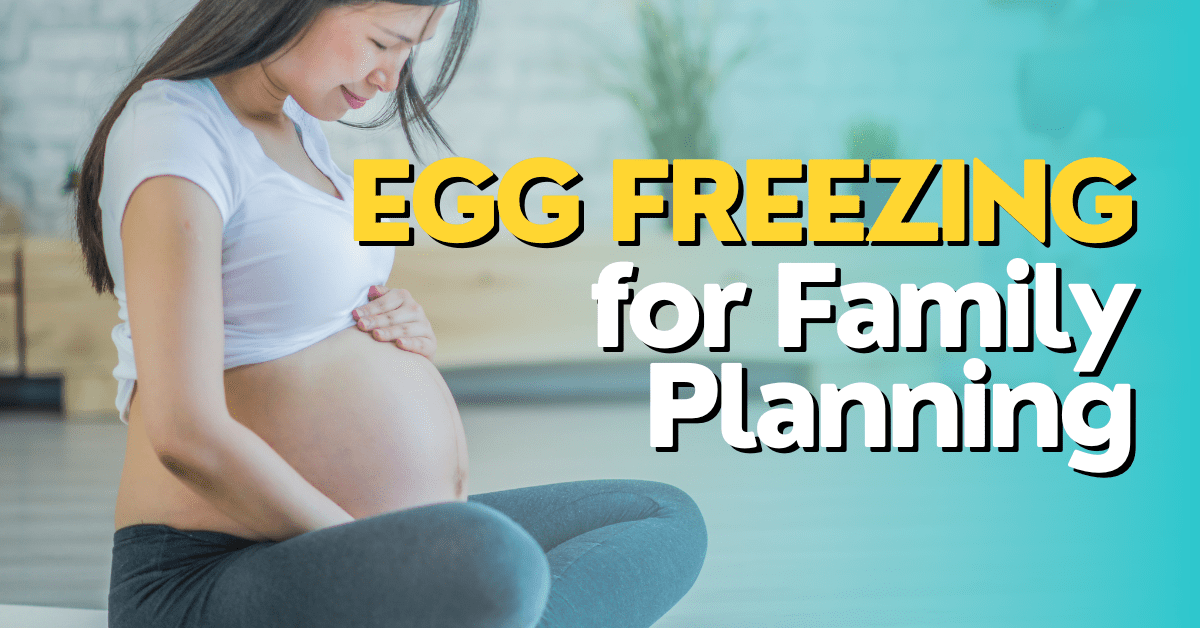The desire to build a family doesn’t always align perfectly with life’s milestones. Egg freezing offers a valuable tool for women who want to preserve their fertility for future family planning. This article explores the science behind egg freezing, outlines the process, and discusses factors to consider when making this decision.
The Power of Oocytes: Understanding Eggs and Fertility
Eggs, also known as oocytes, are the female reproductive cells that contain half of the genetic information needed for conception. A woman is born with a finite number of eggs, and their quality and quantity naturally decline with age. Egg freezing allows women to preserve their eggs at a younger, potentially healthier stage, offering more options for future family planning.
The Egg Freezing Process: A Step-by-Step Look
Egg freezing involves a series of medical procedures to stimulate egg production, retrieve mature eggs, and cryopreserve them for future use. Here’s a simplified breakdown:
- Ovulation stimulation: Medications are used to stimulate the ovaries to produce multiple mature eggs in a single cycle.
- Egg retrieval: A minimally invasive procedure is performed using ultrasound guidance to collect the mature eggs from the follicles within the ovaries.
- Vitrification: A specialized freezing technique is used to rapidly freeze the eggs at extremely low temperatures, preserving their quality for future use.
Considering Egg Freezing: Weighing the Pros and Cons
Egg freezing offers a unique opportunity for women to take control of their fertility timeline. However, it’s essential to consider all aspects before making a decision:
Advantages:
- Preserves fertility: Egg freezing allows women to preserve their eggs at a younger age, potentially increasing their chances of successful pregnancy in the future.
- More family planning options: Egg freezing offers flexibility for women who might not be ready to start a family immediately but want to maintain future options.
- Advancements in technology: Vitrification techniques have significantly improved the success rates of egg freezing and thawing.
Disadvantages:
- Cost: The process of egg freezing and storage can be expensive.
- No guarantee of success: Even with frozen eggs, there’s no guarantee of achieving pregnancy in the future. Additional fertility treatments like IVF might be required.
- Emotional considerations: The process can be emotionally challenging, and there’s no guarantee of a successful outcome.
Open Communication is Key
Consulting a qualified fertility specialist is crucial before deciding on egg freezing. They can discuss your individual situation, assess your ovarian reserve (remaining egg supply), and advise on the most suitable approach.
Free Second Opinion: Understanding your individual fertility health is crucial for making informed decisions. If you’d like a free consultation to explore your egg freezing options and discuss personalized recommendations, visit our website at https://www.drmalpani.com/free-second-opinion to fill out a quick form. A qualified fertility specialist from our team will be happy to review your case and offer expert guidance on your path to parenthood.
Remember, egg freezing is a personal decision. By understanding the process, its limitations, and the potential benefits, you can make an informed choice that aligns with your family planning goals.




No comment